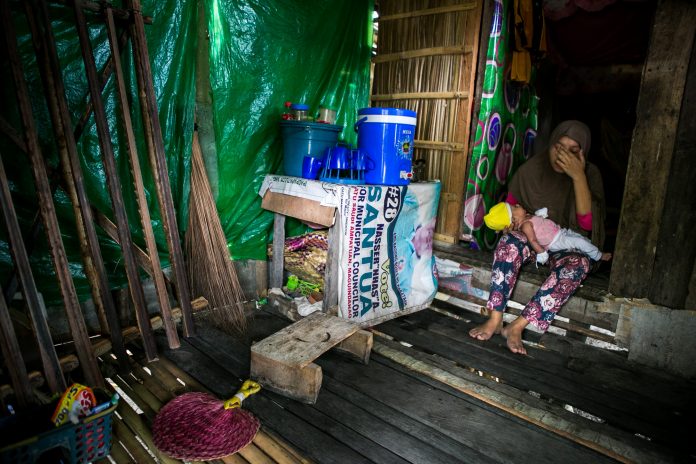Happy Three Kings everyone! Asian peoples have a close affinity with this feast. Aloysius Pieris gives us this contextualized reflection.
The Gospel of Matthew (readings of the day) puts it in the form of three-act tragedy: search, disillusionment and discovery (Mt. 2: 1-12).
ACT ONE: “We saw his start in the east and have come to do him homage.”
- A light appeared in the East. Therefore, with regard to the process of liberation, the East is not clueless.
- It was his light that they saw. Christ’s coming was revealed in the East before Jerusalem hears about it.
- They recognize it as his light.
- They recognize it as a sacramental pointer to a mystery that entices them to a deeper search; they are not content with the light and so they looked for its source.
- Hence, the long journey to the deserts and lonely highways. The Orientals do not know any shortcuts; their way is tedious and ascetically demanding.
- The light leads them westward, to a city on a mountain.
ACT TWO: Now Matthew brings the whole drama to a peak of irony, contrasting the seriousness of the Asian sages with the complacency of God’s priests in Jerusalem…
- The light that shines in the East is not seen in the city on the mountain. Jerusalem is in the dark with regard to the birth of Christ.
- It is from the Eastern sages that Jerusalem hears the good news (2: 2-3). It is through them that God reveals to God’s own people in Jerusalem that the divine is present in Christ. It is their inquiry that provokes the priests to read the scriptures further (2: 4-6).
- The question that epitomizes the Asian quest is not “Who is he?” or “What is he?” but “Where is he?”, as if to say, “put us in contact with Christ, not with Christology”, for “we have come to do him homage.” (2:3). What satisfies their thirst is experience, not explanation.
- Herod (who would not hesitate to kill the innocent in a moment of insecurity) and the whole of Jerusalem were perturbed by the Good News. When Asia’s struggle to discover the ultimate source of liberation comes to fruition at the discovery of the West, with the news “The liberator is here,” it does not sound like good tidings to the establishment, both secular and religious. In such a situation, anything may be resorted to, in order to suppress the imminent liberation (2: 16).
- Neither God’s word in the bible not God’s people in Jerusalem are the goal of the Asian pilgrimage. But they both are consulted in the course of the quest. They serve the pilgrims of Christ as sacraments inviting them to go beyond. In fact, the magi leave the holy city in order to find Christ.
- The final scene: the sages from the East depart alone. Jerusalem’s priests, custodians of the law, interpreters of revelation, guardians of tradition, and guides of Israel, would not join the Asians in their search for Christ, and consequently fail to participate in their discovery (2: 12).
ACT THREE: Discovery. The Asians’ tedious journey in pursuit of the liberator ends up in a laborer’s hut.
- They discover that the light shining in the East radiates from a rural house. The liberation of Asia is announced from a rustic’s improvised home. The Asian Christ is seated on the knees of a peasant woman, a worker’s wife.
- And this is the end of the quest (2: 10-11).
- Asian wisdom crouches in humility before a villager’s son. This is true worship, liturgy supreme: they adore the savior, laying down their gold at the doorstep of the shanty home (2: 11).
- They returned home eastward with the good news. The same providence that guided them to the savior has them bypass Jerusalem, the institutional center of God’s people. Its leadership was not available for the Asians in their search for Christ, and, therefore, it is not indispensable for proclaiming him in Asia (2: 12).
Excerpt from Aloysius Pieris, An Asian Theology of Liberation (1988).
Aloysius Pieris is a Sri Lankan Jesuit theologian, famous for interreligious dialogue with Buddhists and other Asian religions. He founded Tulana Research Center for Encounter and Dialogue and served as his director ever since. His work, An Asian Theology of Liberation wants to go beyond the Latin American liberationist reflection by engaging Asian search for God in the context of our poverty. Thanks to Jukka Helle for alerting me to this timely reflection









